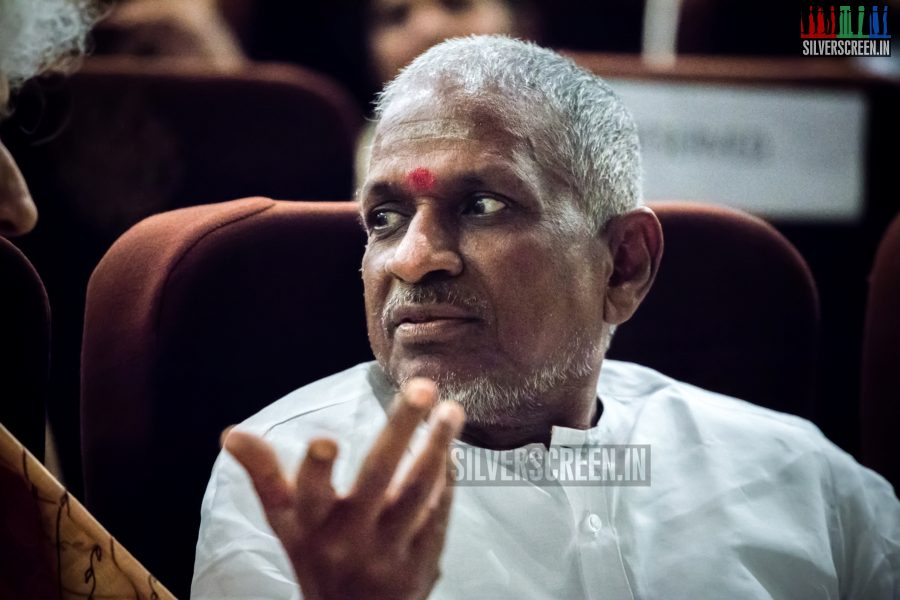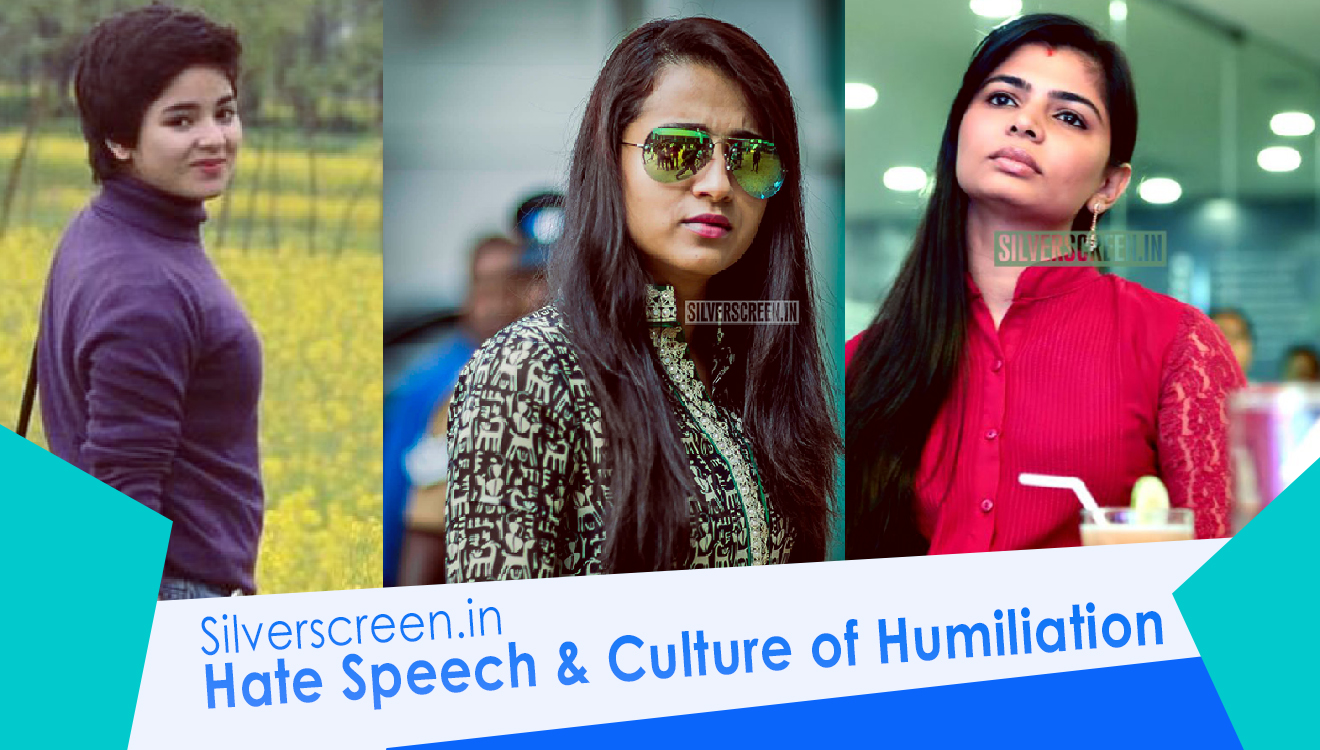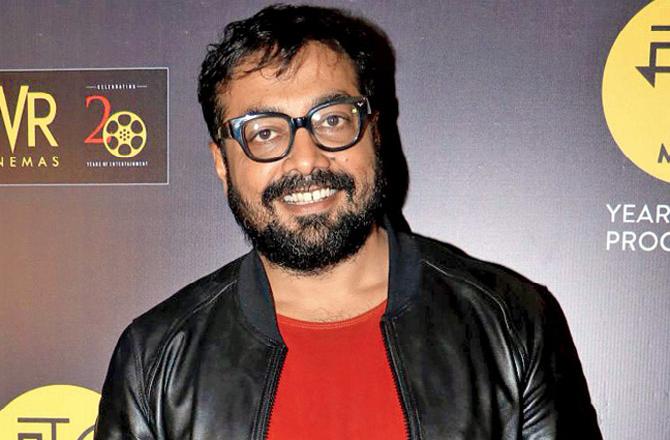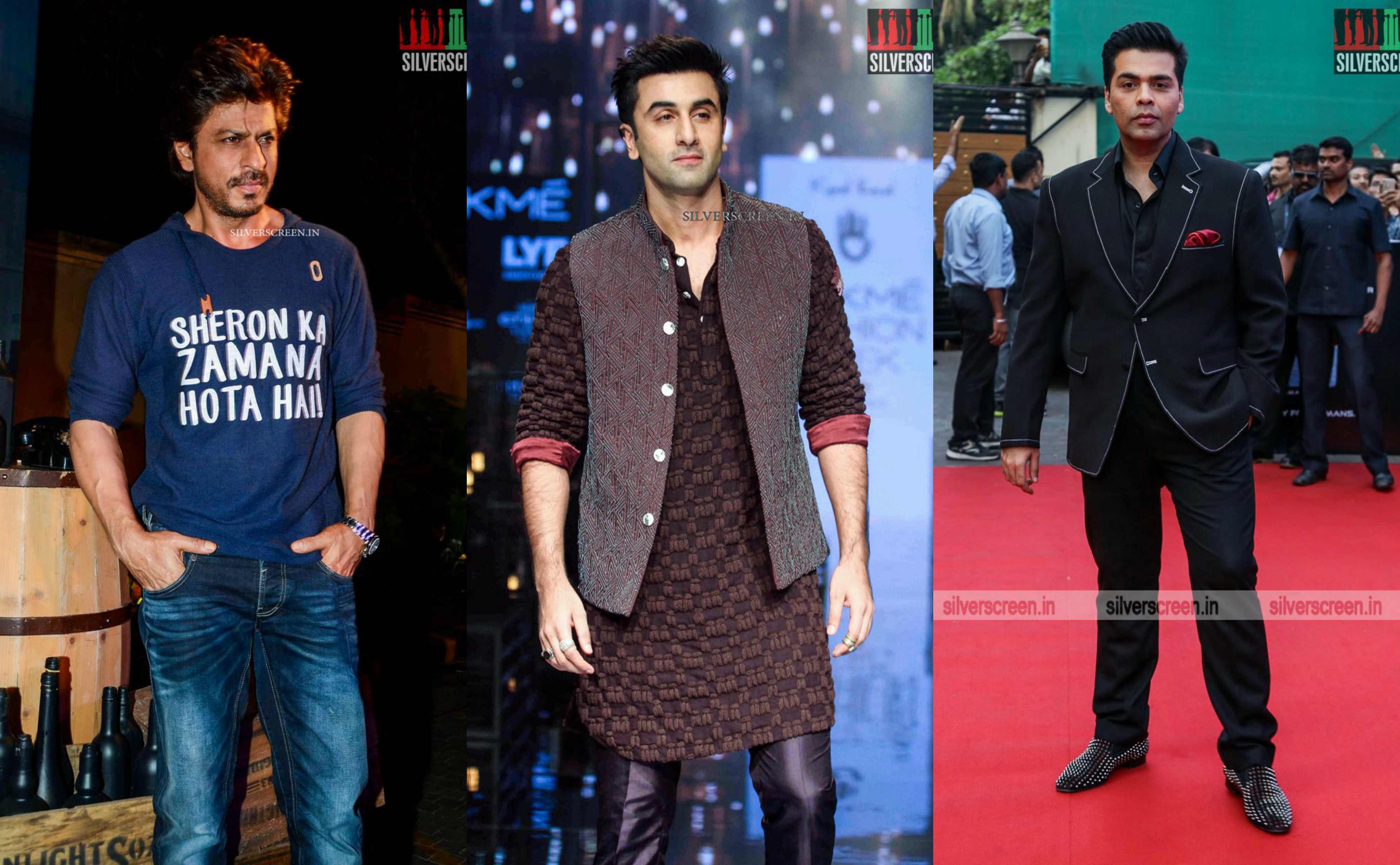Last week, singer SP Balasubrahmanyam set off a chain reaction with a Facebook post about receiving legal notice from lawyers working for Ilaiyaraaja, to stop performing songs composed by him without prior consent.
In this case, it does not matter that Ilaiyaraaja was the composer of these songs. Or that the songs in question were originally sung by Balasubrahmanyam. Or who the violinists were. Or who produced the movie in which the songs originally appeared. Or who bought Ilaiyaraaja tea when he was hungry.
Legally, what matters is just one thing: Who owns the copyright to these songs?
And the answer is clear. Ilaiyaraaja has repeatedly asserted – and courts have agreed – that he is the sole copyright owner of all his music. And unlike most Indian musicians who rely on the Indian Performing Arts Society (IPRS) to fight copyright claims on their behalf, Ilaiyaraaja fights his own copyright battles.
Balasubrahmanyam, as Silverscreen had reported earlier, feigned ignorance about the law and declared that he would stop performing Ilaiyaraaja’s songs in his concerts going forward.
The dispute continues to rage on, with several people connected with the Tamil and Telugu movie industries weighing in.
*****
Over the last decade, the Tamil cinema industry has been reeling under the impact of piracy. From operations that made bootlegged videos on disks after recording them in theatres, piracy is sophisticated: today, high definition copies of many Tamil movies are available online on the day of release.
This has angered Tamil cinema no end. Just last month, film producer KE Gnanavelraja made a fiery, colourful speech when an online group threatened to release pirated copies of his movie on the day of release: “You dogs, you filthy dogs. I worked two years to produce this movie. And you threaten to pirate it on the day of release. I know you will. I know you can. But you wait. Soon, I’ll make sure you are behind bars.”
Most Tamil producers have made a variant of the Gnanavelraja speech at some point, expressing disbelief that pirates can steal work that rightfully belongs to them. They demand justice. And the rest of the film industry agrees with them unanimously.
*****
When it comes to one of their own violating copyright, the Tamil movie industry’s reactions were puzzling, with many taking the side of the copyright violator.
Dhananjayan Govind is a film producer who is very vocal about piracy on social media. He has described piracy as a “big menace” and declared that “we are all united against piracy which is killing cinema.”
But, in this dispute between Ilaiyaraaja and SP Balasubrahmanyam, he changed his stance slightly and seemed to hint that copyright does not apply to people that have enough money.
This reminds me of an old song, he tweeted.
Such big men – they have
Such small hearts!
The tweet continued, “How much more one needs to live sir?”
The most vocal voice from Tamil cinema on the dispute belonged to actor Mohan Raman, a self-proclaimed movie historian. In a rambling series of tweets that were often contradictory, he first took sides with the singer. Addressing Ilaiyaraaja in an open letter, he asked:
“I wonder if you are just angry that your songs are being sung? […]Thought you were above all this filthy lucre. Your deep and lasting concern for the fullest commercial exploitation of (your) God given genius is now clear. To me, my friends are my wealth.”
Later, he backed off a little, but said, “Between friends for 50 years [sic] this should have been handled better.”
However, when online sites released Rajinikanth’s Kabali online, Mohanram did not ask the producer of the movie to make more friends instead of money. He said, “What? People supporting Piracy sites like some rockers etc. They cannot be true Tamils. Only a leech lives off others blood.”
What ? People supporting Piracy sites like some rockers etc. They cannot be true Tamils. Only a leech lives off others blood. #Kabali
— Mohan Raman (@actormohanraman) July 15, 2016
Lyricist Madhan Karky wrote on Facebook after the Ilaiyaraaja legal notice: “Seeing with the lens of law, what Raja sir did is right. Seeing with the lens of friendship, it does not seem right.”
This statement perhaps captured the mood of most of Tamil filmdom: “Yes, what Ilaiyaraaja did is right. But he is friends with SP Balasubrahmanyam. So what he did is wrong.”
*****
The selective enforcement of legalities reflect a fundamental problem with Tamil cinema. In spite of efforts to professionalise the industry, it still remains disorganised and unprofessional. The film producer’s council is often accused of turning a blind eye to piracy of films made by producers it does not like; there is no transparency in box office reporting. Perhaps as a result of this, more than 90% of movies made in Tamil fail to return their investment to producers.
Recommended
When Ilaiyaraaja started his career in the 1970s, he entered a haphazard world with barely any organisation. But he was different from the order that existed then. He was on time to work everyday (”you could set a clock by when he arrived”), he worked with discipline. He acknowledged what Ashoka Mitran, the legendary Tamil writer who died yesterday, recognised: “Writing is not all inspiration. It needs rigorous discipline too.”
Over the years, through his personality and his success, Ilaiyaraaja brought order to the world of Tamil film music. His recordings started on time and ended on time. His musicians – who remain fiercely loyal to him – were paid on time. He was among the few professionals in a world of amateurs, fighting to professionalise Tamil film music.
Sadly, 40 years since, he still is among the few, and still fighting the same fight.
*****



